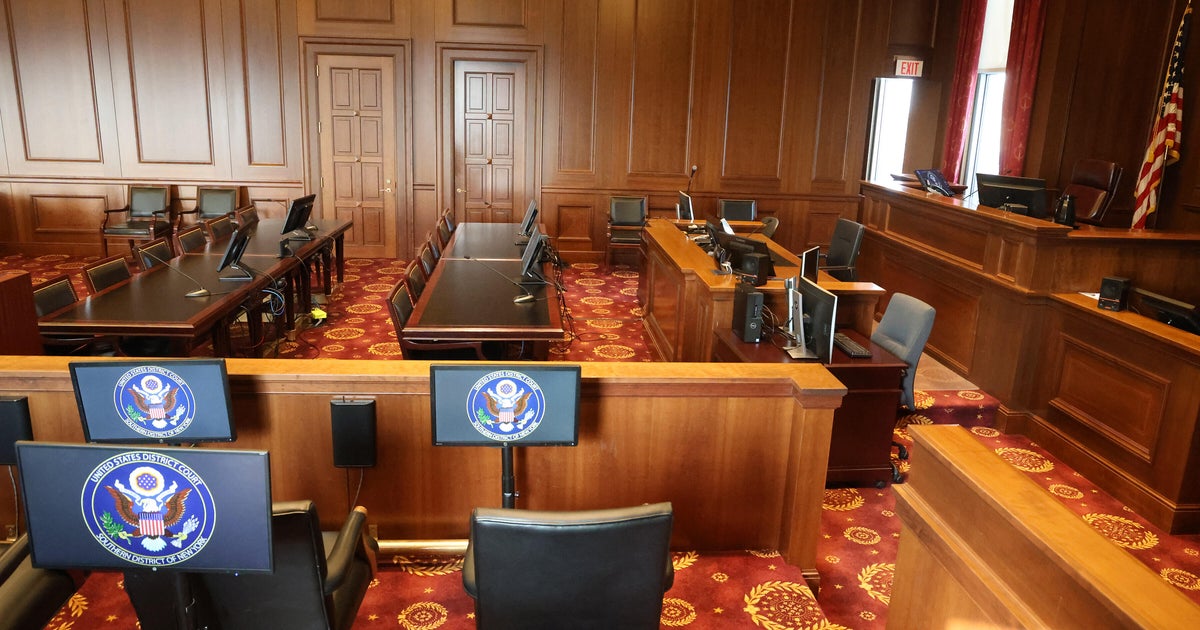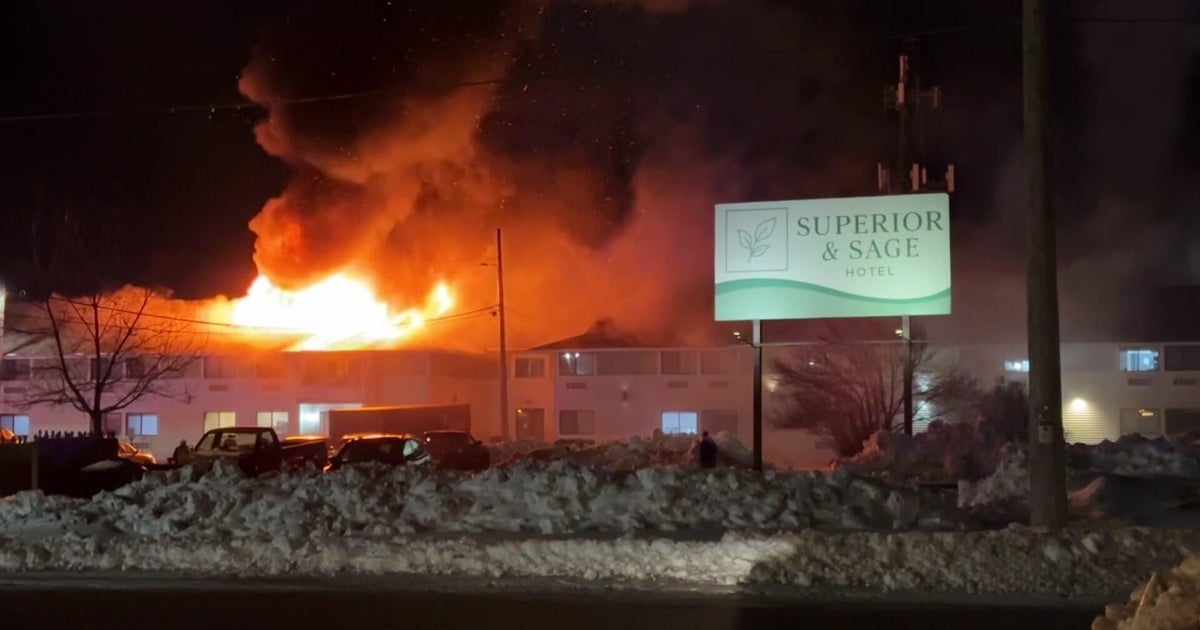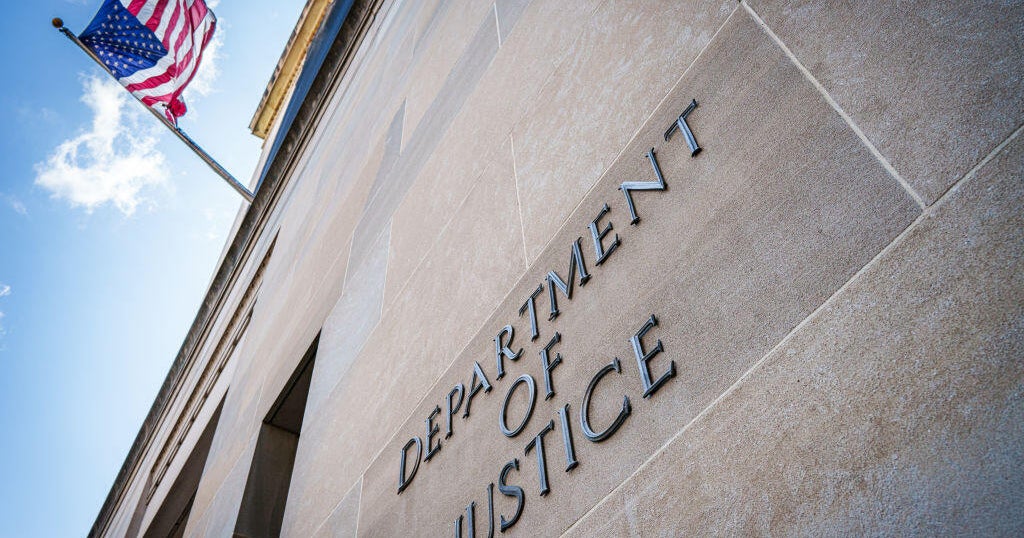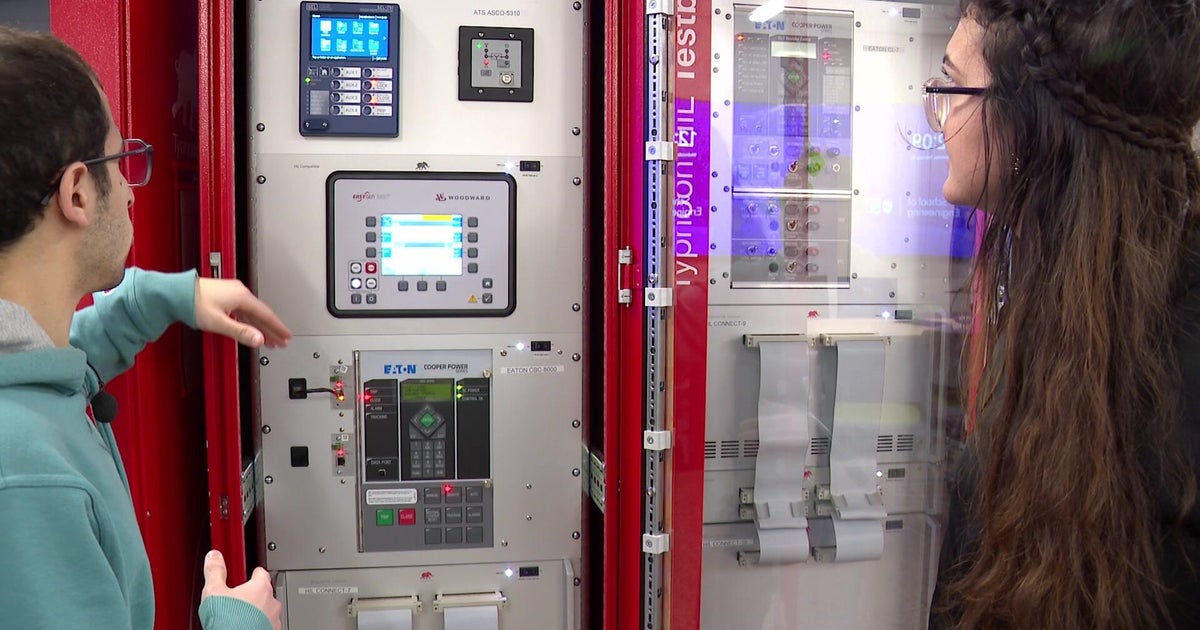EPA Says All Texas Plants Will Get New Air Permits
HOUSTON (AP) - Nearly 140 Texas plants, including some of the nation's largest refineries, have reached a deal with the U.S. Environmental Protection Agency to receive new permits even though a long-standing battle between the Lone Star State and the federal agency is far from over.
The EPA's announcement Tuesday that it reached a deal for all 136 companies to apply for new permits came more quickly than initially expected when the agency ruled last year that Texas' so-called "flexible permits" violated the federal Clean Air Act. At the time, Texas blasted the EPA ruling, challenging it in court and saying it could hurt the companies' bottom-lines, lead to layoffs or even force some older facilities to declare bankruptcy.
The EPA, however, determined to move quickly despite stiff state opposition and worked directly with the companies to reach the deals -- an unusual move for a federal agency that has often taken a broader view of environmental regulation, leaving permitting for the states to handle.
The long-running tit-for-tat between Texas and the EPA, which has evolved from one over environmental regulation into a fight over states' rights, led the federal agency to take an unusual hands-on attitude in the Lone Star State, even as the battle continues.
Gov. Rick Perry frequently uses the EPA as an example of the Obama administration meddling in state affairs, an issue he could push more forcefully as he considers a GOP presidential run. Just last week, Perry slammed the EPA for including Texas in new rules that will require the state's coal-fired power plants to cut down on smog and acid-rain causing pollution.
For the companies, however, operating stability is key, and so they worked directly with the EPA to resolve the thorny issue that could have forced them out of business.
"I'm pleasantly surprised that we were able to get the flexible permit holders to agree to get new permits outside of an aggressive enforcement effort," the EPA's regional administrator Al Armendariz told The Associated Press.
The Texas Commission on Environmental Quality insisted Tuesday its permits were acceptable, saying the EPA had forced businesses into "this additional, unnecessary permitting process ... even though existing permits were legal and protective of the environment."
"It's a shame the federal government used the flexible permit program as yet another mechanism to interject their radical philosophy in an already existing permit at a time when stability and certainty in our regulatory environment is so critical," the agency said in a statement.
Indeed, Perry spokeswoman Katherine Cesinger said the agreements reinforce the governor's argument of federal intrusion into state affairs
"Texas' flexible permitting process was already in full compliance with the federal Clean Air Act, and the unnecessary processes the EPA strong-armed Texas businesses into undertaking will result in zero environmental benefit while adding an additional layer of costly administrative burdens on employers during these tough economic times," she said in a Tuesday statement.
Even though the companies have reached a deal with the EPA and the Texas environmental agency is cooperating, the state is still pursuing a lawsuit challenging the EPA's ruling on "flexible permits." The state is also suing the EPA over other environmental regulations.
"There are a number of areas where there is still significant disagreement between EPA and Texas officials about environmental protections," Armendariz acknowledged.
The EPA had ruled that Texas' "flexible permits," which provided an umbrella-limit for all pollution, were impossible to enforce and violated federal rules, which require a separate cap for each chemical. The agency also said the permits allowed facilities to emit more pollution than allowed under the federal law.
To meet the requirements for the new permits, some of the facilities -- especially the older refineries and chemical plants -- will have to make costly improvements, prompting Texas' argument that the EPA's decision would unnecessarily harm the industries.
"The majority of these companies that formerly held flexible permits ... are operating very profitably, are adding jobs, are undergoing expansion," Armendariz said. "The criticism that EPA was under by state officials in 2009 and 2010 that EPA's efforts were going to hurt these companies has not shown itself to be the case."
(© Copyright 2011 The Associated Press. All Rights Reserved. This material may not be published, broadcast, rewritten or redistributed.)







